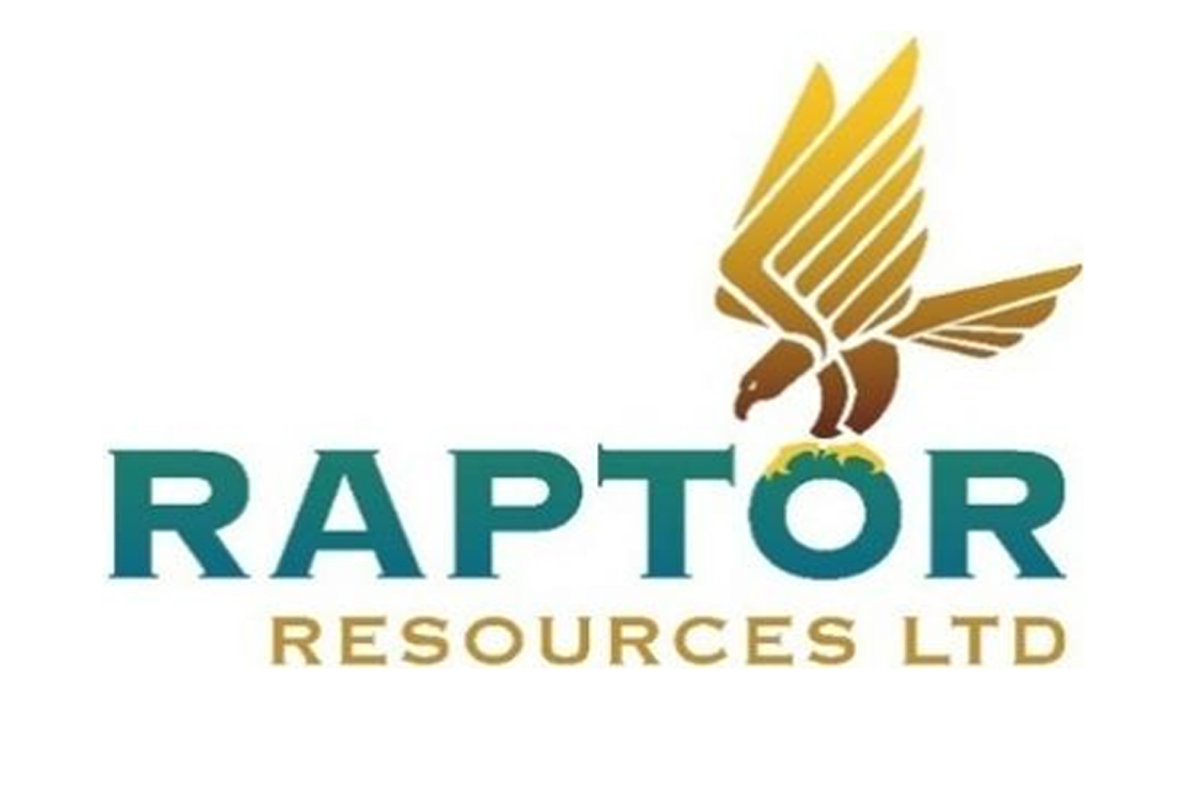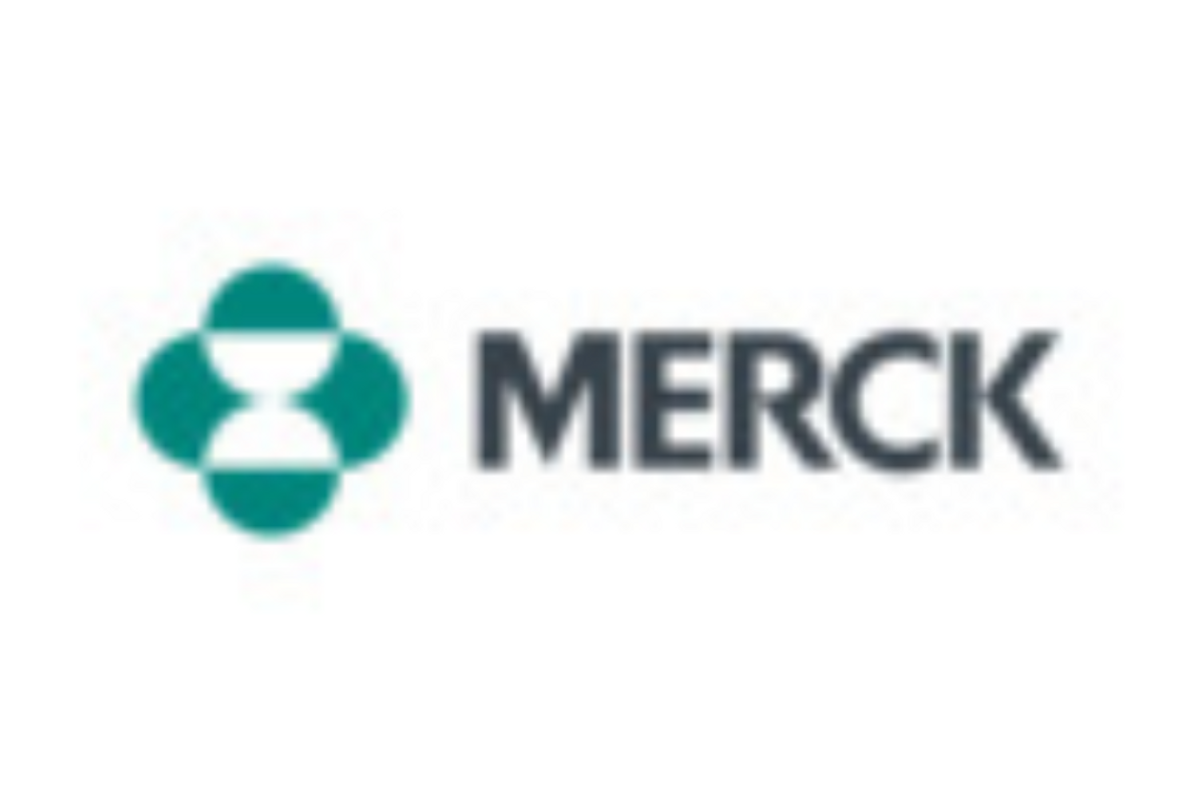Findings Presented at 48 th Annual European Society for Blood and Marrow Transplantation Meeting
Merck (NYSE: MRK), known as MSD outside the United States and Canada, announced today the presentation of findings from a systematic literature review and meta-analysis of data from real-world observational studies of PREVYMIS™ (letermovir) for primary prophylaxis (prevention) of cytomegalovirus (CMV) infection and disease in patients undergoing allogeneic hematopoietic cell transplantation (alloHCT) who were CMV-seropositive. In the analysis of 48 real-world observational studies, compared to controls (mostly preemptive therapy), primary prophylaxis with PREVYMIS was associated at 100 days of follow-up after alloHCT with: 87% lower odds of CMV reactivation (N=3,054 across 18 studies; Pooled Odds Ratio (POR)=0.13, [95% CI, 0.08, 0.22]); 91% lower odds for clinically significant CMV infection (N=3,993 across 21 studies; POR=0.09, [95% CI, 0.05, 0.14]); 69% lower odds of CMV disease (N=1,838 across 10 studies; POR=0.31, [95% CI, 0.12, 0.77]); 94% lower odds of CMV-related hospitalization (N=905 across 2 studies; POR=0.06, [95% CI, 0.01, 0.28]); and 48% lower odds of Grade 2 or greater graft versus host disease (GvHD) (N=471 across 6 studies; POR=0.52, [95% CI, 0.32, 0.86]). Consistent results were observed at 200 days of follow-up with respect to CMV reactivation, clinically significant CMV infection, and CMV disease. See additional results below. The findings were presented during an oral session at the European Society for Blood and Marrow Transplantation (EBMT) 48 th Annual Meeting (Abstract #OS04-07).
Patients undergoing alloHCT who are CMV-seropositive [R+] are at high risk for CMV reactivation. CMV infection is a common clinically significant complication in these patients and early CMV reactivation after alloHCT is associated with increased mortality. PREVYMIS is a first-in-class antiviral agent that was approved by the U.S. Food and Drug Administration in 2017 and is indicated for prophylaxis of CMV infection and disease in adult CMV-seropositive recipients [R+] of an allogeneic hematopoietic stem cell transplant (HSCT).
"CMV reactivation in patients who undergo alloHCT can lead to potentially serious health complications," said Dr. Roy Chemaly, director, Clinical Virology Research Program at the University of Texas MD Anderson Cancer Center. "This analysis of real-world effectiveness of letermovir builds upon the evidence from the Phase 3 clinical trial in which letermovir as prophylaxis reduced the risk of CMV infection in CMV-seropositive patients. This new analysis also provides data on the potential of letermovir to reduce the odds of CMV-related hospitalization and graft versus host disease."
"In 2017, PREVYMIS was the first new medicine approved in the U.S. in over a decade for prophylaxis of CMV infection in adults who are CMV-seropositive and receive allogeneic hematopoietic cell transplantation," said Sanjay Merchant, executive director, Center for Observational and Real-world Evidence, Merck Research Laboratories. "We are encouraged that the findings from this comprehensive literature review and meta-analysis of real-world observational studies reinforce the effectiveness of PREVYMIS in these patients at risk for CMV infection and disease."
Real-World Outcomes for Primary Prophylaxis of CMV Infection and Disease Using PREVYMIS
The objective of the analysis was to assess the effectiveness of primary prophylaxis with PREVYMIS among adults undergoing alloHCT using systematic literature review and meta-analysis of data from real-world observational studies. An initial search of peer-reviewed publications via PubMed and Embase and relevant conference proceedings through October 2021 identified 576 records. Further screening to identify publications that met the pre-specified inclusion criteria yielded 48 distinct studies (22 full publications and 26 conference proceedings) that reported on outcomes of PREVYMIS for primary prophylaxis in patients undergoing alloHCT. These studies involved patients predominantly in the United States, Italy, and Japan and employed a range of timepoints for initiation of PREVYMIS post-transplant (0 - 42 days) and duration of therapy (79 - 191 days). Forty of the 48 studies were comparator studies and, in all but one study, the control was preemptive therapy; the other eight studies were single-arm studies.
Outcomes measured included CMV reactivation, clinically significant CMV infection, CMV disease, CMV-related hospitalizations, time to CMV viremia (infection detected in the blood), graft versus host disease (GvHD) (Grade 2 or greater), and all-cause and non-relapse mortality. In addition to the results discussed above, primary prophylaxis with PREVYMIS was also associated in this meta-analysis with the following outcomes compared to controls:
- At 100 days of follow-up after alloHCT:
- 30% lower odds of all-cause mortality (N=1,723 across 5 studies; POR=0.70, [95% CI, 0.46, 1.07])
- 30% lower odds of non-relapse mortality (N=889 across 3 studies; POR=0.70, [95% CI, 0.39, 1.25])
- At 200 days of follow-up after alloHCT:
- 76% lower odds of CMV reactivation (N=1,297 across 5 studies; POR=0.24, [95% CI, 0.18, 0.32])
- 81% lower odds for clinically significant CMV infection (N=2,771 across
14 studies; POR=0.19, [95% CI, 0.14, 0.25]) - 65% lower odds of CMV disease (N=1,261 across 7 studies; POR=0.35,
[95% CI, 0.16, 0.78])
- At more than 200 days of follow-up after alloHCT:
- 78% lower odds of CMV reactivation (N=2,109 across 8 studies; POR=0.22, [95% CI, 0.15, 0.32])
- 27% lower odds for all-cause mortality (N=2,685 across 15 studies; POR=0.73, [95% CI, 0.60, 0.90])
- 35% lower odds for non-relapse mortality (N=1,829 across 6 studies; POR=0.65, [95% CI, 0.47, 0.90])
Selected Safety Information about PREVYMIS (letermovir)
PREVYMIS is contraindicated in patients receiving pimozide or ergot alkaloids. Increased pimozide concentrations may lead to QT prolongation and torsades de pointes. Increased ergot alkaloids concentrations may lead to ergotism. PREVYMIS is contraindicated with pitavastatin and simvastatin when co-administered with cyclosporine. Significantly increased pitavastatin or simvastatin concentrations may lead to myopathy or rhabdomyolysis.
The concomitant use of PREVYMIS and certain drugs may result in potentially significant drug interactions, some of which may lead to adverse reactions (PREVYMIS or concomitant drugs) or reduced therapeutic effect of PREVYMIS or the concomitant drug. Consider the potential for drug interactions prior to and during PREVYMIS therapy; review concomitant medications during PREVYMIS therapy; and monitor for adverse reactions associated with PREVYMIS and concomitant medications.
The cardiac adverse event rate (regardless of investigator-assessed causality) was higher in subjects receiving PREVYMIS than placebo (13% vs 6%). The most common cardiac adverse events were tachycardia (reported in 4% PREVYMIS subjects and 2% placebo subjects) and atrial fibrillation (reported in 3% PREVYMIS subjects and 1% placebo subjects). Among those subjects who experienced one or more cardiac adverse events, 85% of PREVYMIS and 92% of placebo subjects had events reported as mild or moderate in severity.
The rate of adverse events occurring in at least 10% of PREVYMIS-treated HSCT recipients and at a frequency at least 2% greater than placebo were nausea (27% vs 23%), diarrhea (26% vs 24%), vomiting (19% vs 14%), peripheral edema (14% vs 9%), cough (14% vs 10%), headache (14% vs 9%), fatigue (13% vs 11%), and abdominal pain (12% vs 9%).
The most frequently reported adverse event that led to study drug discontinuation was nausea (occurring in 2% of PREVYMIS subjects and 1% of placebo subjects). Hypersensitivity reaction, with associated moderate dyspnea, occurred in one subject following the first infusion of IV PREVYMIS after switching from oral PREVYMIS, leading to treatment discontinuation.
Co-administration of PREVYMIS with drugs that are inhibitors of organic anion-transporting polypeptide 1B1/3 (OATP1B1/3) transporters may result in increases in letermovir plasma concentrations.
Co-administration of PREVYMIS with inducers of transporters (e.g. P-gp) and/or enzymes (e.g. UGTs) is not recommended due to the potential for a decrease in letermovir plasma concentrations.
Co-administration of PREVYMIS with midazolam results in increased midazolam plasma concentrations. Co-administration of PREVYMIS with drugs that are CYP3A substrates may result in clinically relevant increases in the plasma concentrations of co-administered CYP3A substrates.
Co-administration of PREVYMIS with drugs that are substrates of OATP1B1/3 transporters may result in a clinically relevant increase in plasma concentrations of co-administered OATP1B1/3 substrates.
The magnitude of CYP3A- and OATP1B1/3-mediated drug interactions on co-administered drugs may be different when PREVYMIS is co-administered with cyclosporine. See the prescribing information for cyclosporine for information on drug interactions with cyclosporine.
If dose adjustments of concomitant medications are made due to treatment with PREVYMIS, doses should be readjusted after PREVYMIS treatment is completed.
Drug interactions may occur based on results from studies. Drug interactions may also occur based on predicted interactions. Potentially significant drug interactions include, but are not limited to, the following (information below applies to co-administration of PREVYMIS and the concomitant drug without cyclosporine, unless otherwise indicated):
- Anti-arrhythmic Agents
- Amiodarone: increases amiodarone concentration
- Antibiotics
- Nafcillin: decreases letermovir concentration
- Anticoagulants
- Warfarin: decreases warfarin concentration
- Anticonvulsants
- Carbamazepine: decreases letermovir concentration
- Phenobarbital: decreases letermovir concentration
- Phenytoin: decreases both phenytoin and letermovir concentrations
- Antidiabetic Agents
- Glyburide: increases glyburide concentration
- Repaglinide: increases repaglinide concentration
- Rosiglitazone: increases rosiglitazone concentration
- Antifungals
- Voriconazole: decreases voriconazole concentration
- Antimycobacterials
- Rifabutin: decreases letermovir concentration
- Rifampin: decreases letermovir concentration
- Antipsychotics
- Pimozide: increases pimozide concentration; co-administration is contraindicated
- Thioridazine: decreases letermovir concentration
- Endothelin Antagonists
- Bosentan: decreases letermovir concentration
- Ergot Alkaloids
- Ergotamine: increases ergotamine concentration; co-administration is contraindicated
- Dihydroergotamine: increases dihydroergotamine concentration; co-administration is contraindicated
- Herbal Products
- St. John's wort (Hypericum perforatum) : decreases letermovir concentration
- HIV Medications
- Efavirenz: decreases letermovir concentration
- Etravirine: decreases letermovir concentration
- Nevirapine: decreases letermovir concentration
- HMG-CoA Reductase Inhibitors
- Pitavastatin, simvastatin: increases HMG-CoA reductase inhibitors concentration; co-administration is contraindicated when PREVYMIS is co-administered with cyclosporine
- Atorvastatin: increases atorvastatin concentration
- Fluvastatin, lovastatin, pravastatin, rosuvastatin: increases HMG-CoA reductase inhibitors concentration
- Immunosuppressants
- Cyclosporine: increases both cyclosporine and letermovir concentrations
- Sirolimus: increases sirolimus concentration
- Tacrolimus: increases tacrolimus concentration
- Proton Pump Inhibitors
- Omeprazole: decreases omeprazole concentration
- Pantoprazole: decreases pantoprazole concentration
- Wakefulness-Promoting Agents
- Modafinil: decreases letermovir concentration
- CYP3A Substrate Examples
- Alfentanil, fentanyl, midazolam and quinidine: may increase CYP3A substrate concentration
- Pimozide and ergot alkaloids are contraindicated
The safety and efficacy of PREVYMIS in patients below 18 years of age have not been established.
For patients with creatinine clearance (CLcr) greater than 10 mL/min (by Cockcroft-Gault equation), no dosage adjustment of PREVYMIS is required based on renal impairment. The safety of PREVYMIS in patients with end-stage renal disease (CLcr less than 10 mL/min), including patients on dialysis, is unknown.
No dosage adjustment of PREVYMIS is required based on mild (Child-Pugh Class A) to moderate (Child-Pugh Class B) hepatic impairment. PREVYMIS is not recommended for patients with severe (Child-Pugh Class C) hepatic impairment.
About PREVYMIS (letermovir)
PREVYMIS is the only drug approved in the United States for prophylaxis of CMV infection and disease in adults who are CMV-seropositive and have received an allogeneic HSCT. PREVYMIS is also approved in more than 50 countries outside of the United States, including EU member states, Canada, Japan and China. PREVYMIS is a first-in-class non-nucleoside CMV inhibitor (3,4 dihydro-quinazolines) and inhibits viral replication by specifically targeting the viral terminase complex. Cross resistance is not likely with drugs outside of this class. PREVYMIS is fully active against viral populations with substitutions conferring resistance to CMV DNA polymerase inhibitors. These DNA polymerase inhibitors are fully active against viral populations with substitutions conferring resistance to PREVYMIS. PREVYMIS has no activity against other viruses.
Under an agreement signed in 2012, Merck (through a subsidiary) purchased worldwide rights to develop and commercialize letermovir from AiCuris GmbH & Co KG ( www.aicuris.com ).
About CMV and Treatment
CMV is a common virus that infects people of all ages. Many adults in the United States are CMV seropositive, meaning they have CMV antibodies in their blood, indicating a previous exposure to or primary infection with CMV. People with normal immune systems rarely develop CMV symptoms after initial infection, with the virus typically remaining inactive or latent in the body for life. A weakened immune system may give the virus a chance to reactivate, potentially leading to symptomatic disease or a secondary infection due to other pathogens. CMV disease can lead to end-organ damage, including gastrointestinal tract disease, pneumonia or retinitis. Transplant recipients who develop CMV infection post-transplant are at increased risk for transplant failure and death. CMV prophylaxis with certain existing antivirals has been associated with drug-specific effects, including myelosuppression and renal toxicity, in HSCT recipients.
About Merck
For over 130 years, Merck, known as MSD outside the United States and Canada, has been inventing for life, bringing forward medicines and vaccines for many of the world's most challenging diseases in pursuit of our mission to save and improve lives. We demonstrate our commitment to patients and population health by increasing access to health care through far-reaching policies, programs and partnerships. Today, Merck continues to be at the forefront of research to prevent and treat diseases that threaten people and animals – including cancer, infectious diseases such as HIV and Ebola, and emerging animal diseases – as we aspire to be the premier research-intensive biopharmaceutical company in the world. For more information, visit www.merck.com and connect with us on Twitter , Facebook , Instagram , YouTube and LinkedIn .
Forward-Looking Statement of Merck & Co., Inc., Kenilworth, N.J., USA
This news release of Merck & Co., Inc., Kenilworth, N.J., USA (the "company") includes "forward-looking statements" within the meaning of the safe harbor provisions of the U.S. Private Securities Litigation Reform Act of 1995. These statements are based upon the current beliefs and expectations of the company's management and are subject to significant risks and uncertainties. If underlying assumptions prove inaccurate or risks or uncertainties materialize, actual results may differ materially from those set forth in the forward-looking statements.
Risks and uncertainties include but are not limited to, general industry conditions and competition; general economic factors, including interest rate and currency exchange rate fluctuations; the impact of the global outbreak of novel coronavirus disease (COVID-19); the impact of pharmaceutical industry regulation and health care legislation in the United States and internationally; global trends toward health care cost containment; technological advances, new products and patents attained by competitors; challenges inherent in new product development, including obtaining regulatory approval; the company's ability to accurately predict future market conditions; manufacturing difficulties or delays; financial instability of international economies and sovereign risk; dependence on the effectiveness of the company's patents and other protections for innovative products; and the exposure to litigation, including patent litigation, and/or regulatory actions.
The company undertakes no obligation to publicly update any forward-looking statement, whether as a result of new information, future events or otherwise. Additional factors that could cause results to differ materially from those described in the forward-looking statements can be found in the company's Annual Report on Form 10-K for the year ended December 31, 2021 and the company's other filings with the Securities and Exchange Commission (SEC) available at the SEC's Internet site ( www.sec.gov ).
Please see Prescribing Information for PREVYMIS (letermovir) at: https://www.merck.com/product/usa/pi_circulars/p/prevymis/prevymis_pi.pdf and Patient Information/Medication Guide for PREVYMIS (letermovir) at: https://www.merck.com/product/usa/pi_circulars/p/prevymis/prevymis_ppi.pdf
View source version on businesswire.com: https://www.businesswire.com/news/home/20220322005543/en/
Media :
Melissa Moody
(215) 407-3536
Deb Wambold
(215) 779-2234
Investors:
Peter Dannenbaum
(908) 740-1037
Steven Graziano
(908) 740-6582






